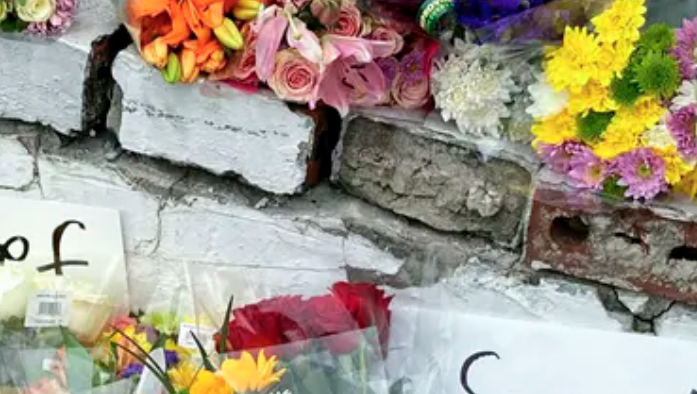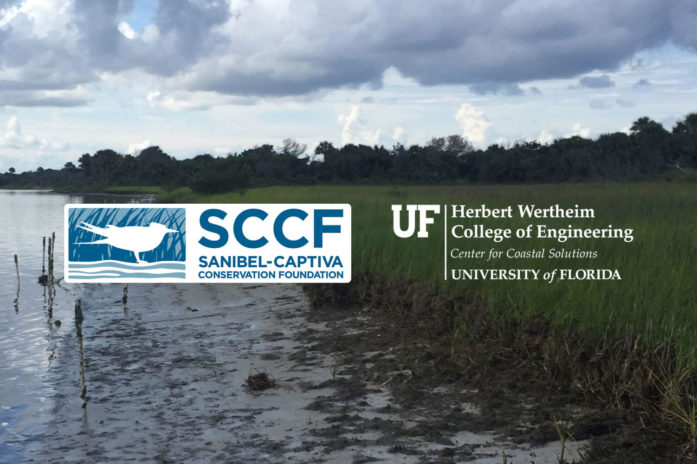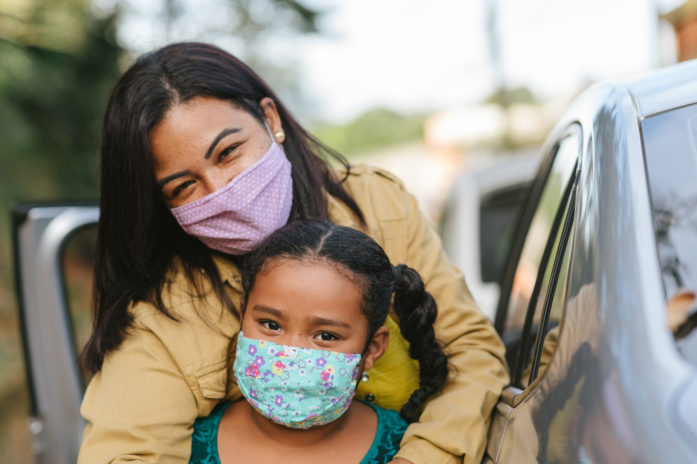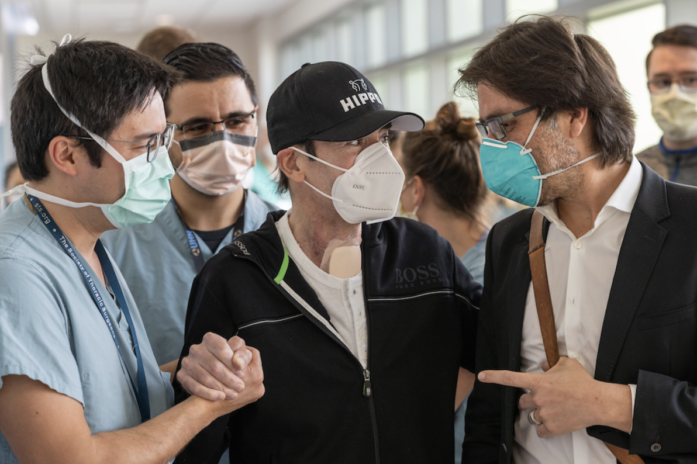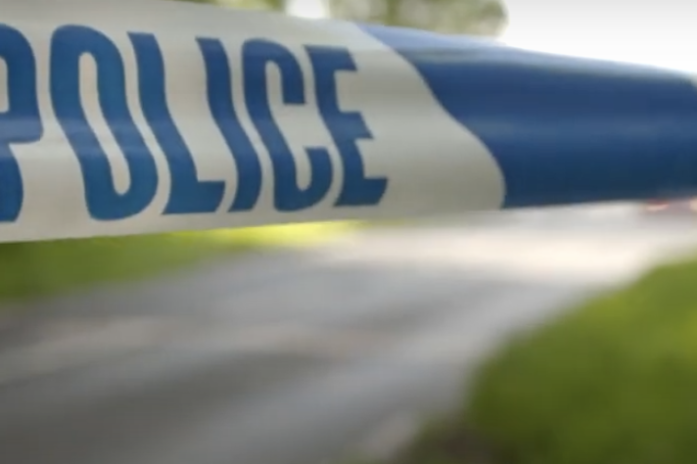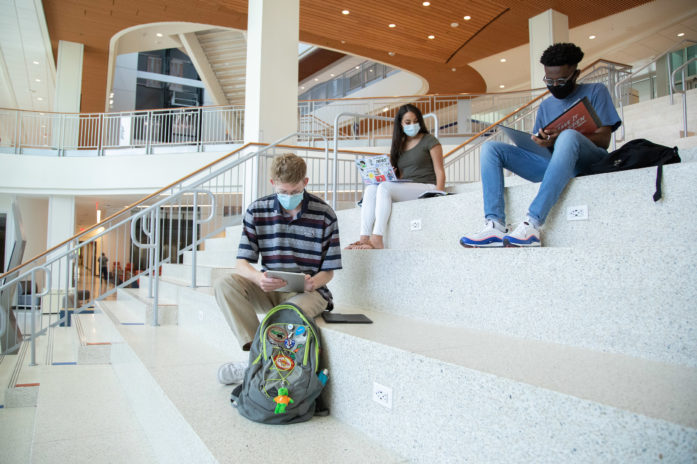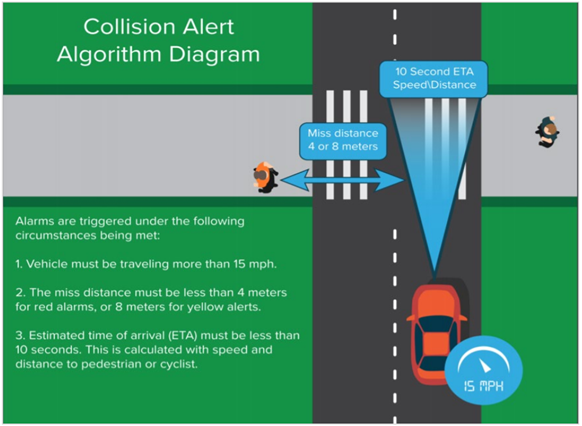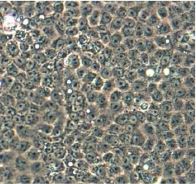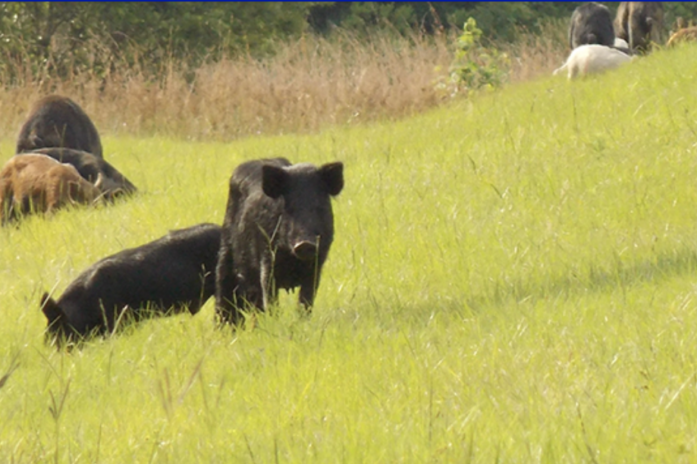When a man claiming to suffer from the disease of sex addiction found that “comprehensive and fully integrated treatment” at a Christian recovery center could not cure him, he decided to try another approach: eliminating the women he believed were a “temptation” aggravating his problem.
JoinedMarch 26, 2020
Articles313
Cutting-edge data collection and analysis combine to sustain Florida’s coastal communities Florida coastal communities need clean water to preserve residential...
Patrick Traynor, Ph.D., the John H. and Mary Lou Dasburg Preeminent Chair in Engineering, was recently awarded a $1.7 million grant from the Department of Homeland Security (DHS) Science and Technology Directorate.
Families are beginning to ask more questions about when COVID-19 vaccines will be offered to children younger than 16, and...
The UF Health lung transplant team has collaborated with researchers around the world to identify preliminary guidelines for successful transplantation in patients whose lungs have been permanently damaged by the SARS-CoV-2 virus.
Winners of UF Research's Artificial Intelligence (AI) Research Catalyst Fund presented how they are pursuing multidisciplinary applications of artificial intelligence across the university at the Spring 2021 HiPerGator Symposium Tuesday.
Philosophy professor weighs the ethics of predictive policing and algorithmic sentencing.
Radio Hofstra University interviewed Dr. Amanda Phalin, a lecturer in the UF Warrington College of Business Management Department, about how the COVID-19 pandemic has impacted international trade. Check out Dr. Phalin’s insights in this radio interview.
The University of Florida will attempt to vaccinate more than 1,000 students as part of a landmark national study to determine whether young people who have received a COVID-19 vaccine can still spread the coronavirus.
Florida Department of Transportation ranks safety as a top priority for the state, and it is listed as one of FDOT’s Vital Few focus areas. Despite the vision of having fatality-free roadways, crashes are still a reality today.
Coronaviruses common to animals may ‘spillover’ into people more frequently than once thought, according to new research from UF and Haitian investigators.
Feral pigs cost the agriculture industry at least $1.5 billion in damage, disease and control costs around the United States annually, running rampant on large swaths of grazing lands.

